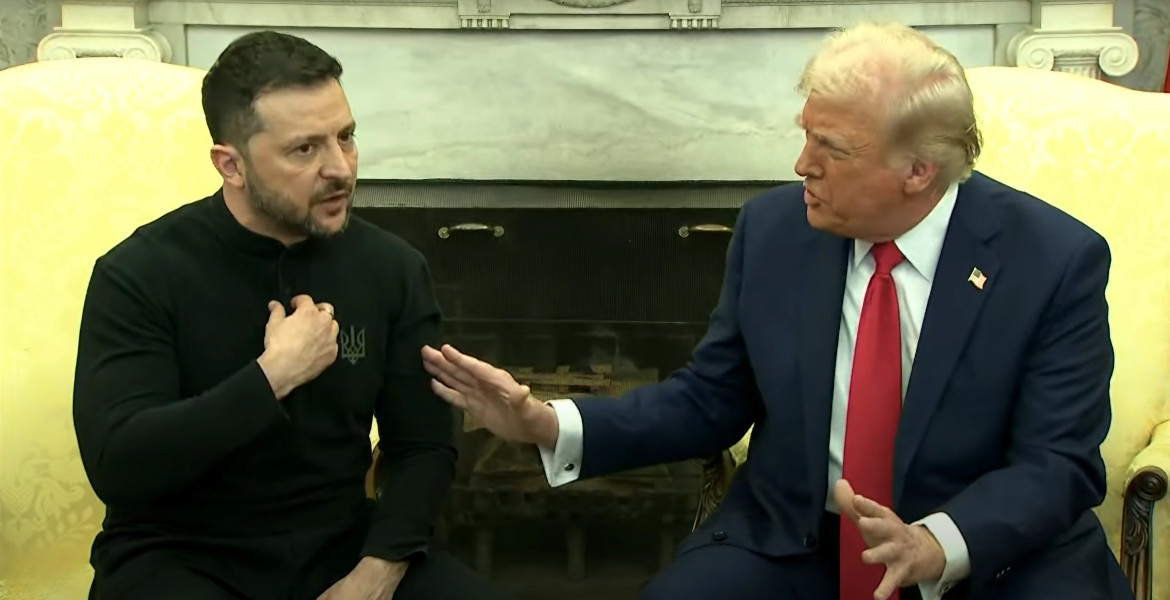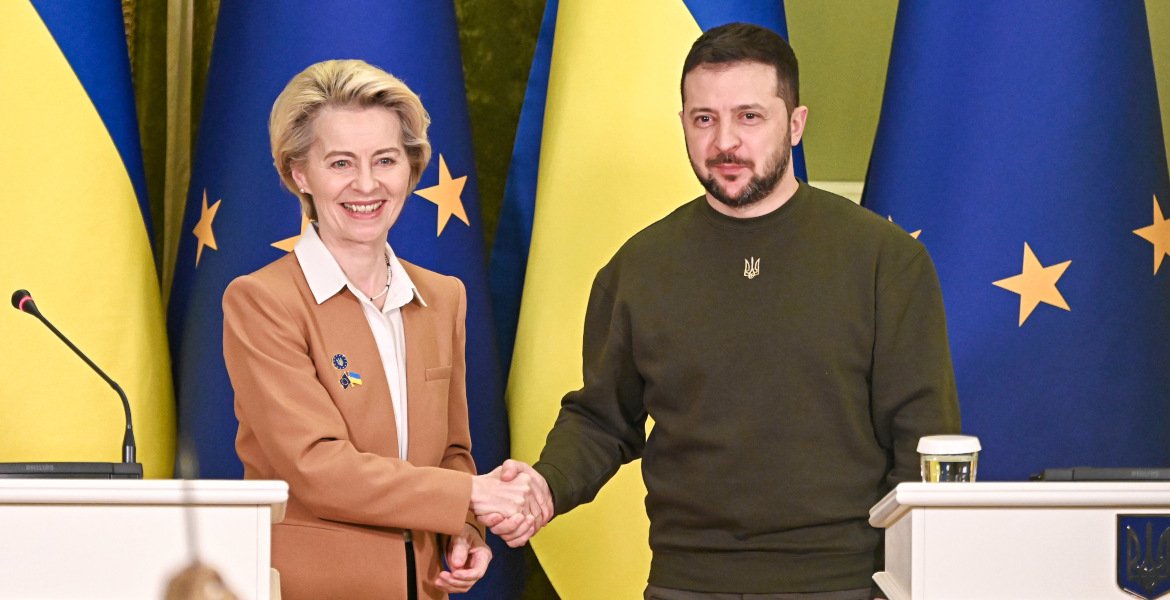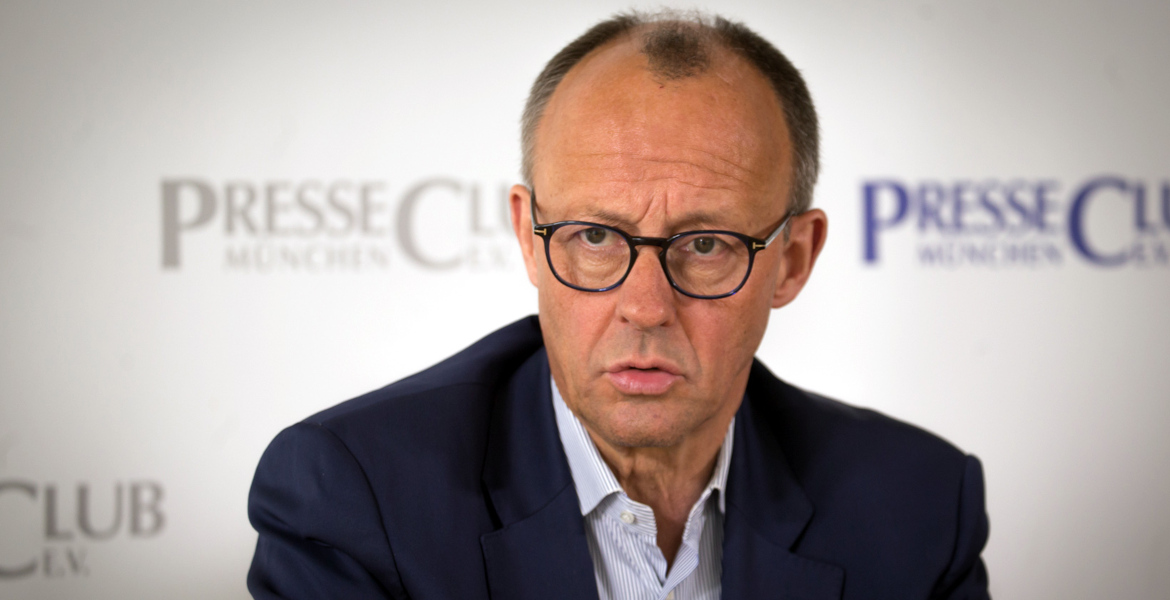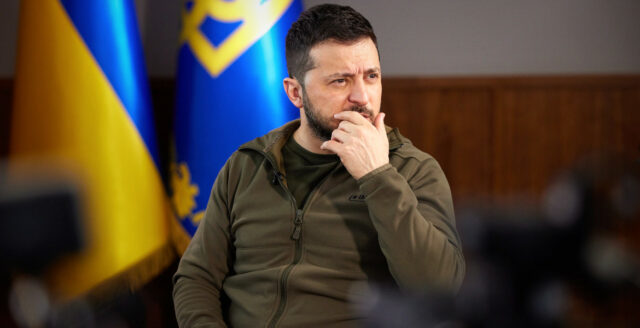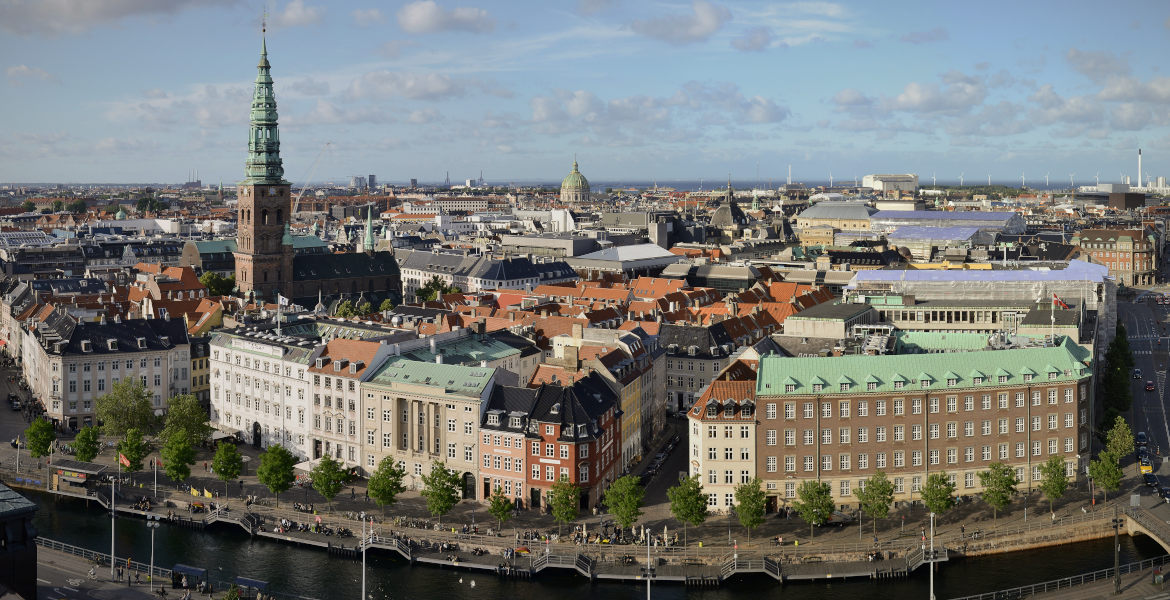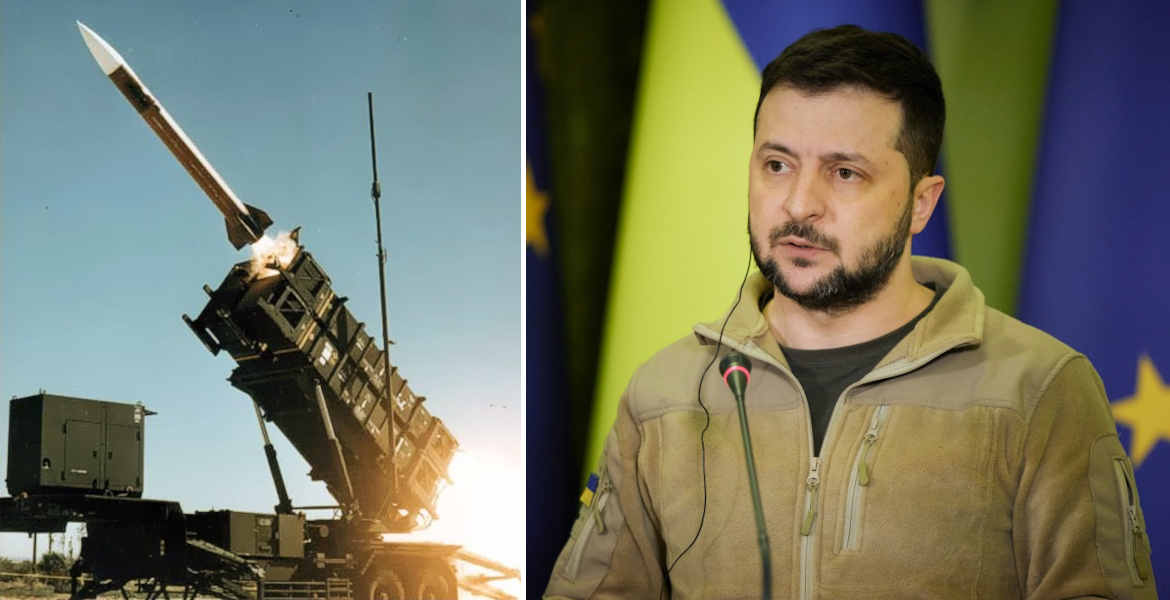The US and Ukraine have formally signed a comprehensive mineral agreement that gives Washington access to Ukraine's strategic mineral resources. The agreement can be seen as a deepening of cooperation between the countries in the wake of the high-profile and aborted meeting between Donald Trump and Volodymyr Zelensky in February.
On April 30, the US and Ukraine signed an economic partnership agreement that gives the US access to Ukraine's important mineral reserves, including rare earth metals, reports PBS News.
The agreement also means that the parties will create a joint investment fund to support Ukraine's post-war reconstruction.
Ukrainian Prime Minister Denys Shmyhal describes the agreement as "a strategic deal for the creation of an investment partner fund. This is truly an equal and good international deal on joint investment in the development and restoration of Ukraine between the governments of the United States and Ukraine".
Trump: Repayment
The fund will be managed jointly with equal voting rights, with both countries contributing to the capital. Revenues from new licenses for critical minerals, oil, and gas will be shared, with 50 percent going to Ukraine's treasury via the fund.
Donald Trump has described the mineral agreement as an important part of the US's continued commitment to Ukraine. He has emphasized that the agreement gives the US access to strategic resources and can serve as a form of repayment from Ukraine for the military support Washington has provided to Kiev.
In his speech to the US Congress on March 4, 2025, Trump mentioned the mineral agreement and emphasized Ukraine's willingness to sign it. He highlighted the importance of the partnership for US national security and stability in the region, without going into details about the content of the agreement.
The U.S. is moving fast on critical resource strategy:
Officials confirm the minerals deal with Ukraine is now signed.
It secures access to rare earths, titanium, and lithium — critical to defense, energy, and clean tech.
Source: Bloomberghttps://t.co/YdRlNCwtCV… pic.twitter.com/nbTvxDnyM3
— LF Investments (@InvestmentsLF) April 30, 2025
Difficult negotiations
The agreement has been preceded by lengthy and at times difficult negotiations, in which security guarantees have been a key issue. During a meeting at the White House in February, a planned summit between Trump and Zelensky was abruptly canceled after disagreement over the terms.
Zelensky has emphasized the importance of security guarantees and said that negotiations are ongoing. However, Prime Minister Shmyhal has expressed optimism that the agreement will be signed and that it will strengthen Ukraine's future.
Ukraine's mineral resources include 22 of the 50 materials classified as critical by the US Geological Survey, including rare earth metals that are essential for electronics, clean energy technology, and certain weapons systems.
The agreement is also part of the US strategy to reduce dependence on China, which dominates global production of rare earth metals.
In parallel with the agreement, the US and Ukraine have discussed the possibility of including future military support as part of the investment fund, although previous military aid is not covered.
At the time of writing, no official comments from the Kremlin or Moscow have been published in connection with the agreement.
